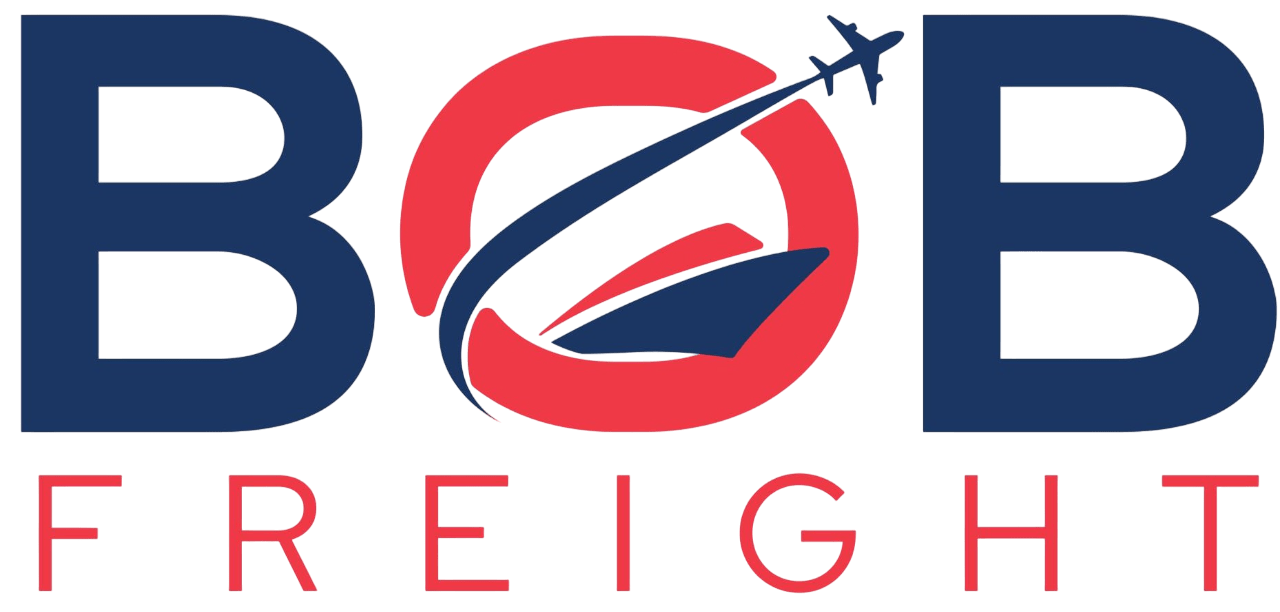No products in the cart.

Introduction
In the fast-paced world of global trade, ensuring smooth customs clearance UAE is critical for avoiding shipment delays, reducing penalties, and maintaining customer satisfaction. With increasing regulations and evolving trade policies in 2025, businesses must be more prepared than ever to handle customs processes efficiently.
Whether you’re an importer, exporter, or freight forwarder, understanding the UAE’s customs clearance process can save you valuable time and money. This blog will walk you through essential practices, key documentation requirements, and modern logistics strategies to keep your goods moving without interruption.
1. Understand Smooth Customs Clearance UAE Requirements
To achieve smooth customs clearance UAE, businesses must first understand the documentation and procedural requirements of the General Directorate of Customs.
- Mandatory documents: Commercial invoice, packing list, bill of lading/airway bill, certificate of origin
- Emirates ID copy or trade license for UAE-based companies
- HS code classification for all items being shipped
- Import/export code registration through UAE Customs portals
Staying compliant with regulations ensures faster approvals and fewer inspection-related delays.
2. Partner with AD-Certified Freight Forwarders
Working with a certified freight forwarding company experienced in UAE customs ensures smoother navigation through port logistics and government regulations.
- Choose freight partners licensed with AD Ports Authority or Dubai Customs
- Ensure they offer customs brokerage services
- Look for 24/7 tracking, real-time updates, and bonded warehouse options
Reliable partners can pre-clear shipments, manage customs declarations, and liaise with local authorities on your behalf.
3. Use Technology to Pre-Clear Shipments
Modern digital platforms like Mirsal 2 (Dubai) and Bayan (Abu Dhabi) allow importers to submit documentation before cargo arrives at port.
- Submit declarations through the UAE Customs portal
- Use digital trade platforms to upload, track, and manage documentation
- Integrate with ERP/WMS systems for faster processing
Technology helps reduce human error, avoid fines, and speed up customs clearance dramatically.
4. Plan for Customs Duties, Taxes, and Exemptions
Failing to anticipate fees or missing duty exemption opportunities can result in costly delays.
- Know your product’s HS code and applicable duty rate
- Apply for duty exemptions (if available for raw materials or re-exports)
- Use the UAE VAT refund system when applicable
- Work with your forwarder to confirm landed costs before import
Proper budgeting for duties ensures you avoid last-minute disputes at customs clearance.
5. Maintain Compliance Through Regular Audits
Routine customs audits help avoid penalties and streamline future shipments.
- Keep up-to-date records for all shipments
- Ensure invoice values and descriptions match declarations
- Reconcile VAT and duty payments with internal accounts
- Train staff on changing customs laws and free trade agreements (FTAs)
A clean audit trail speeds up approvals and builds trust with customs officers.
6. Leverage Free Zones and Designated Logistics Corridors
UAE Free Zones and bonded logistics corridors simplify customs processes for qualifying companies.
- Import duty-free into zones like JAFZA, KIZAD, or DAFZA
- Re-export without customs duties or VAT
- Use designated corridors for direct clearance with fewer inspections
Ideal for businesses involved in re-export, e-commerce, and global distribution.
Conclusion: Achieve Smooth Customs Clearance UAE in 2025
Delays in customs clearance can disrupt your entire supply chain. By understanding the UAE’s customs regulations, partnering with reliable freight forwarders, leveraging technology, and ensuring accurate documentation, your business can achieve smooth customs clearance UAE every time.
With global trade accelerating and regulations tightening in 2025, proactive planning is more important than ever. Smooth customs processes not only improve efficiency but also enhance client satisfaction and protect your bottom line.
If you’re ready to streamline your customs operations in the UAE, consult our logistics experts for a tailored solution today.
DthU53NruzH
By thinking on behalf of our clients every daywe anticipate what they want provide what they need & build lasting relationships.
